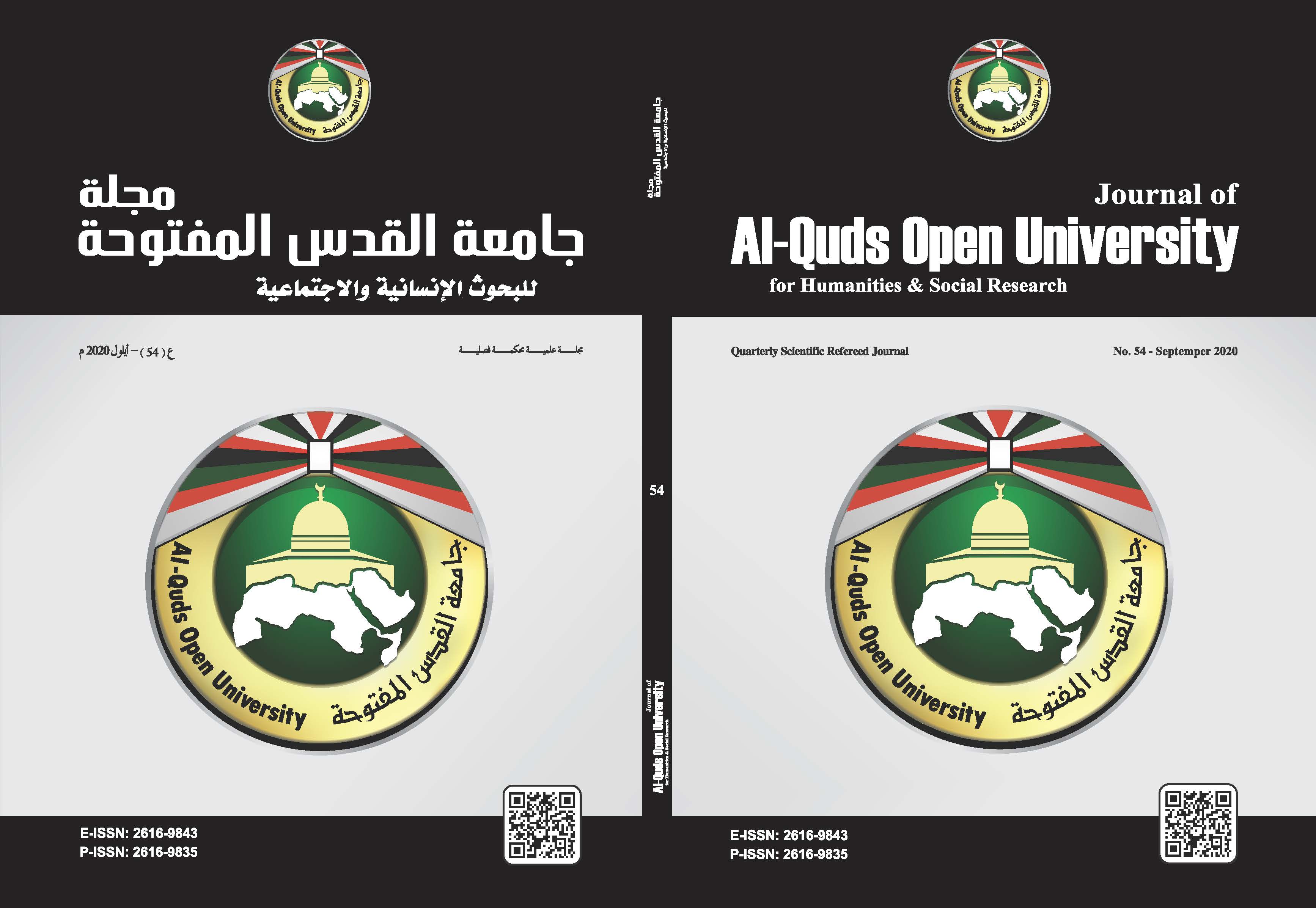Masira Island of Oman in British Strategy 1930-1945 (study in British documents)
DOI:
https://doi.org/10.33977/0507-000-054-006Keywords:
Masira Island, British Strategy, Sultanate of Muscat, Romanization, World War II, BRITISH MISSIONS, ARABIAN GULFAbstract
This study aims at uncovering the deep causes that led to the sending of the British missions, which amounted to five missions during the period 1930-1939, and the reasons for their conversion to serious consideration of the acquisition of the island through the exchange of the Korean islands or purchased or leased for 99 years or a treaty, Then follow the most important British missions to the island, and its findings.
The study found that Britain has succeeded in achieving its objectives of building an airport, seaports and fuel depots to supply its navy and air fleets using various tactics to achieve these objectives of giving gifts to the sheikhs and providing material assistance to the population: rice, flour, sugar and others. The study relied on British documents as a major source of historical methodology based on description, analysis, comparison and conclusion.
Downloads
Published
How to Cite
Issue
Section
License
- The editorial board confirms its commitment to the intellectual property rights
- Researchers also have to commit to the intellectual property rights.
- The research copyrights and publication are owned by the Journal once the researcher is notified about the approval of the paper. The scientific materials published or approved for publishing in the Journal should not be republished unless a written acknowledgment is obtained by the Deanship of Scientific Research.
- Research papers should not be published or republished unless a written acknowledgement is obtained from the Deanship of Scientific Research.
- The researcher has the right to accredit the research to himself, and to place his name on all the copies, editions and volumes published.
- The author has the right to request the accreditation of the published papers to himself.













_2.png)
_.png)
_2.png)
_1.png)
_.png)

